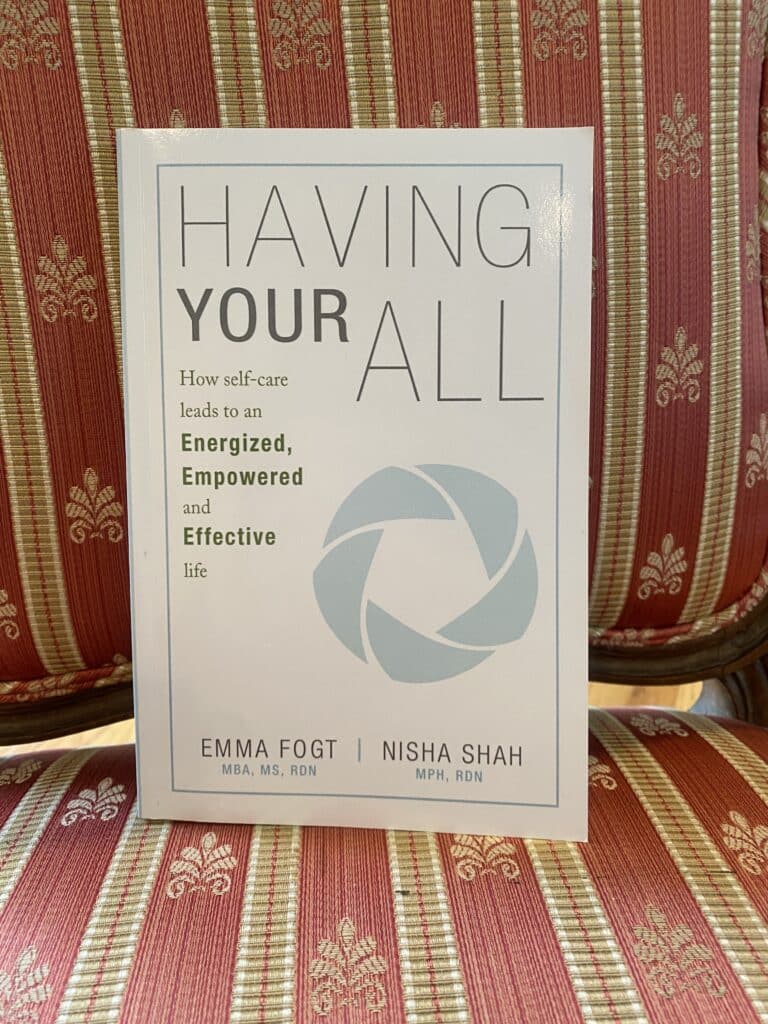May came and went in a blur with everything happening at once: graduations, family visits, travel and work. Now it is time to take a deep breath and navigate my gut health practice. Over the last few years, I am noticing that patients need more and more wellness strategies, not just nutrition advice.
Lifestyle factors directly affect gut health, specifically stress, exercise, sleep and nutrition. The movement of Lifestyle Medicine is not new the American College of Lifestyle Medicine (ACLM) was founded in 2004. Lifestyle medicine follows the 6 pillars of health and wellness to help with chronic disease such as obesity diabetes and cardiac disease.
Nutrition
Evidence supports the use of a whole food, plant-predominant diet to prevent, treat and reverse chronic illness. Proper diet can help manage and reverse some gut symptoms such as gas, bloat, pain and even constipation or diarrhea.
Physical Activity
Regular, consistent physical activity is an important part of overall health and resiliency and can help with gut health.
Stress Management
Managing negative stress can lessen anxiety, depression and immune dysfunction and leads to improved well-being. the gut and brain are connected via the Vagus nerve- mind and body practices can help manage unwanted gut symptoms.
Restorative Sleep
Improving sleep quality can improve attention span, mood, insulin resistance and can reduce hunger, sluggishness and more. Ever find your gut symptoms are worse after a poor night of sleep?
Social Connection
Positive social connections have beneficial effects on physical, mental and emotional health. Calm mind=calm gut.
Avoidance of Risky Substances
Use of tobacco and excessive alcohol consumption have been shown to increase risk of chronic diseases and death and also affect the gut.

Nisha Shah and I wrote a book in 2014 called Having Your All based on the 5 pillars of self-care: Move, Nourish, Rejuvenate, Passion and Purpose. Self-care is not as structured as lifestyle medicine which uses evidence-based lifestyle interventions. Self-care is aimed more at one’s own practices and personal efforts on a daily basis for health and well-being and not as focused on medical conditions.
In part 2 of this blog, we will look at some self-care practices from Having Your All!
